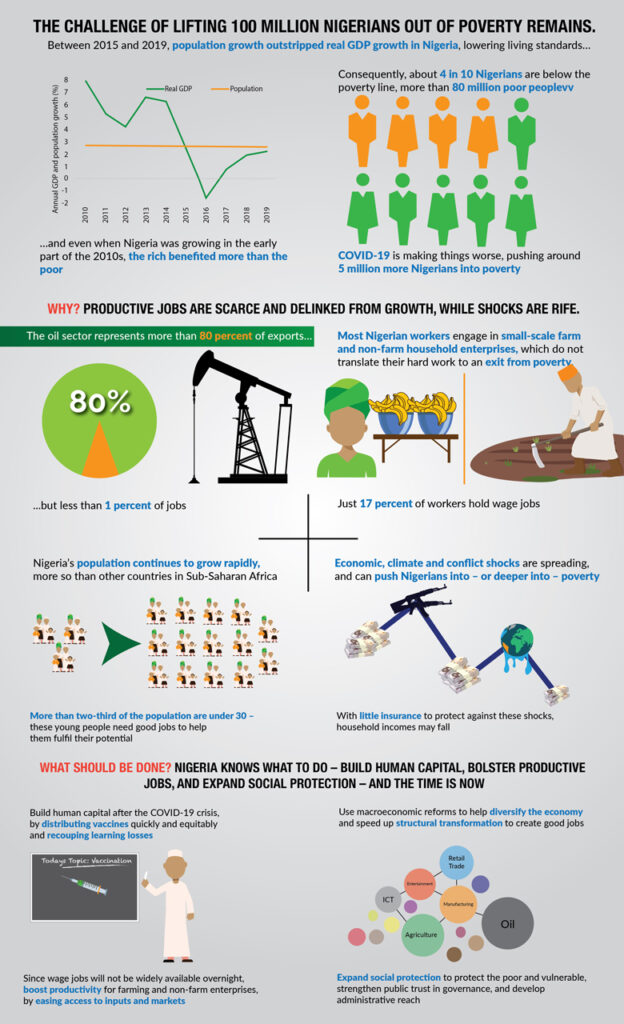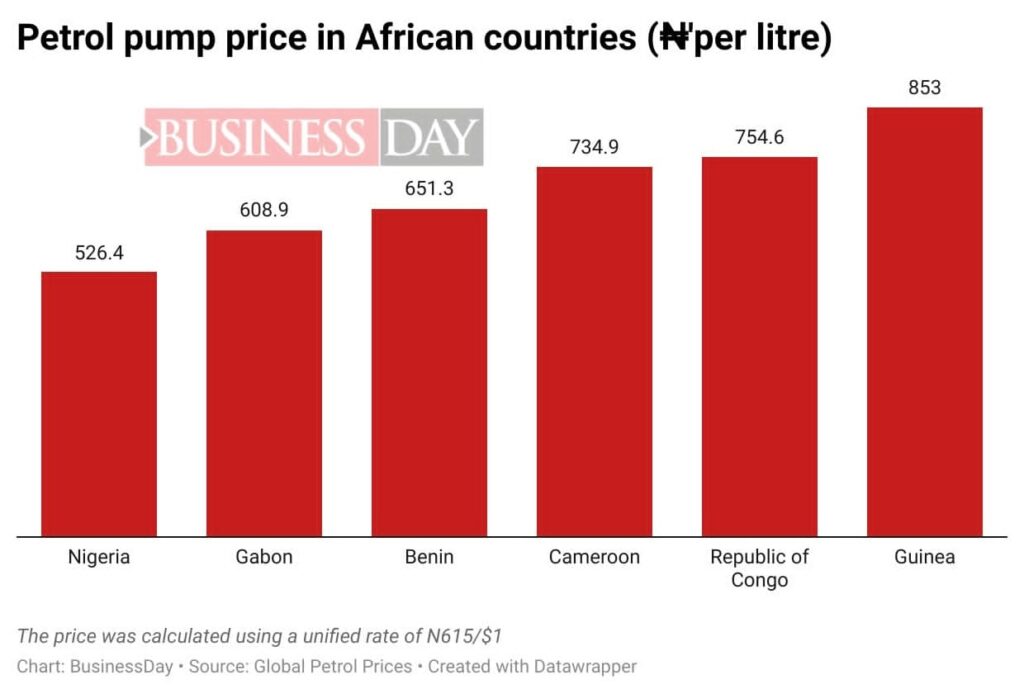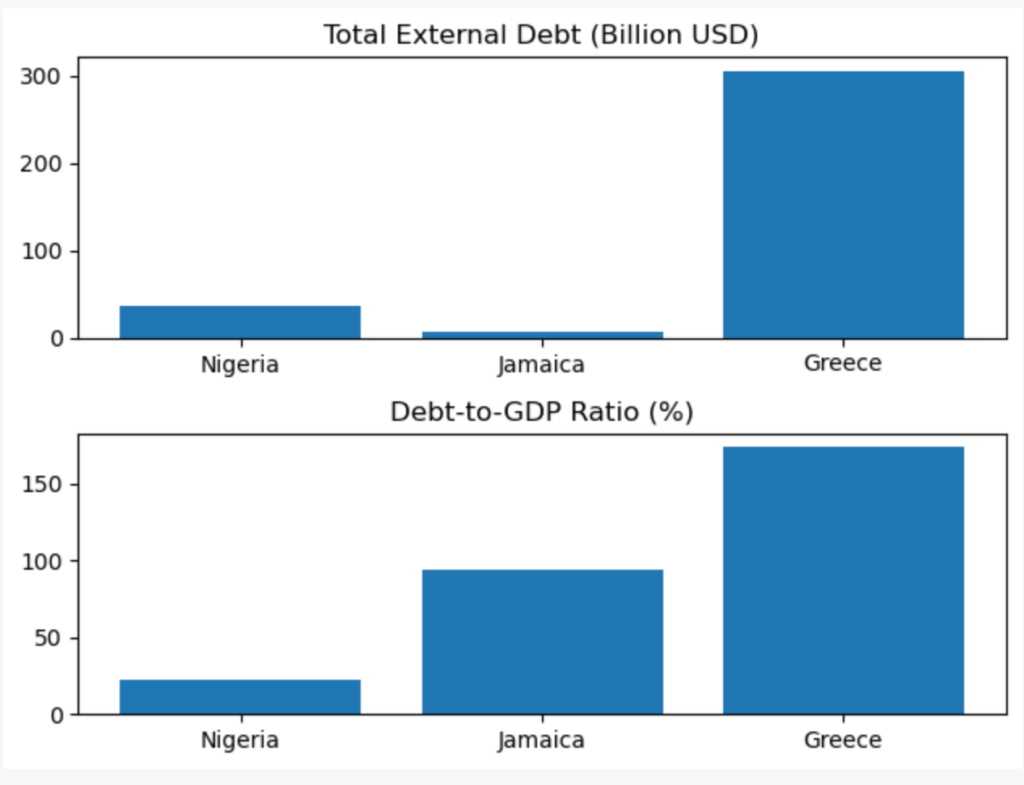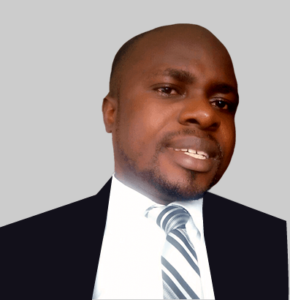The Economic Challenge: Overcoming Stagnation and Poverty
In this second part of our in-depth series, where we delve into the Herculean task before Nigeria’s newly appointed ministers. As we continue the conversation, we journey into the labyrinth of Nigeria’s economic woes, exploring the pressing need to resuscitate a stagnating economy and alleviate the omnipresent poverty that plagues the nation.
I will explore the practical strategies and visionary reforms that are urgently needed. Drawing on case studies both within Africa and beyond, we look to countries that have overcome similar obstacles and hope to chart a roadmap for Nigeria’s economic renaissance. It is imperative that the new ministers tackle these challenges head-on and lead the way in fostering economic growth, reducing debt, and most importantly, lifting millions out of poverty.
Despite Nigeria’s rich oil reserves and status as Africa’s largest economy, the nation struggles with profound economic stagnation and crippling poverty. According to the World Bank, Nigeria is home to the world’s highest number of people living in extreme poverty. Nigeria has the awful distinction of being the world capital of poverty, with 71 million people living in extreme poverty today (World Poverty Clock, 2023) and a total of 133 million people classed as multidimensionally poor according to National Bureau of Statistics data. These people live on less than $1.9 per day. This stark reality underscores the urgent need for transformative economic policies.

Nigeria’s new ministers must grapple with these complex challenges and devise effective strategies to revitalize the economy. Economic policies such as the petrol subsidy and complex exchange rate system have proved to be more of a bane than a boon. It was a good choice when the government booted these policies out of the way. Countries like Indonesia, Iran, and Ghana have successfully phased out their petrol subsidies, providing useful case studies for Nigeria. These nations have rechanneled the funds into more productive sectors, providing their citizens with long-term benefits. Rising from same, the government has realized over 400bn Naira per month since the subsidy scam was phased out this year. What the government does with these funds is also very critical and should provide a road map for critical infrastructural investment. If these funds go to the law makers pockets or some frivolities, then we aren’t ready for progress as a nation.
Courtesy Business Day
Moreover, addressing Nigeria’s escalating debt crisis should be a priority. Government Debt in Nigeria increased to 108295.18 USD Million in the first quarter of 2023 from 103110.84 USD Million in the fourth quarter of 2022. The Debt Management Office has disclosed that Nigeria’s total foreign debt for the period ending March 31st, 2023, has risen to N49. 85 trillion ($108.30 billion) from N46. 25 trillion as of December 21st 2022. Countries like Jamaica and Greece, which have both navigated their way out of massive debt crises, could offer lessons on fiscal discipline, enhanced revenue collection, and debt restructuring. The new ministers must enforce stringent financial discipline, prioritize critical expenditure, and improve debt management practices.
However, economic reform must not be purely about figures and fiscal discipline. It must also address the human aspect. Poverty eradication must be at the heart of the new ministers’ economic strategy. This can be achieved by expanding social safety nets, fostering an inclusive economic growth, and prioritizing investment in key sectors such as agriculture and manufacturing to create jobs.
Education is a critical investment for sustainable economic growth. For Nigeria to break the vicious cycle of poverty, its out-of-school population, the largest globally, must be addressed. Nigeria now has about 20 million out-of-school children, according to the latest global data on out-of-school children by the United Nations Educational, Scientific and Cultural Organisations (UNESCO). The ministers must ensure universal access to quality education. This includes strengthening the Universal Basic Education Program and adopting innovative educational approaches, as seen in countries like Finland and South Korea, known for their top-tier education systems. The government’s plan of splitting the Ministry of education into many parts is not a wise decision as it would create many beurocratic bottlenecks and would increase our cost of governance.

When comparing Nigeria’s situation with that of other countries that have managed to uplift themselves from economic doldrums, one cannot overlook the examples set by Singapore and Botswana. Singapore, once a poor island nation, has transformed itself into one of the world’s wealthiest countries by investing heavily in education and promoting a high level of government efficiency. Botswana, too, with its prudent management of diamond resources and focus on developing human capital, is an example of good governance leading to economic prosperity.
In essence, Nigeria’s newly appointed ministers are faced with a monumental task: to halt the tide of economic stagnation, reduce the mammoth debt, and significantly diminish the vast sea of poverty. This task is far from trivial, but as the examples of countries like Singapore, Botswana, Indonesia, Iran, Ghana, Jamaica, and Greece show, it is not impossible.
Our leaders must have the courage to make hard decisions and the vision to see beyond immediate political gains. They must adopt stringent fiscal policies, make strategic investments in human capital and critical sectors, and implement inclusive growth strategies. Most importantly, the government must ensure that the vast wealth of the nation is used for the benefit of the people and not for a select few.
This economic revolution, however, will not occur in isolation. It must be complemented by a similar revolution in other aspects of governance. In the following parts of this series, we will delve into the third challenge before Nigeria’s new ministers – addressing the escalating violence and insecurity in the country. The journey to economic prosperity is arduous and fraught with obstacles. Still, as Nigeria’s new ministers, you have been handed an opportunity, a beacon of hope, to illuminate a path for the millions of Nigerians entrapped in poverty and economic hardship. Will you rise to the occasion, or will you let this beacon flicker out?







